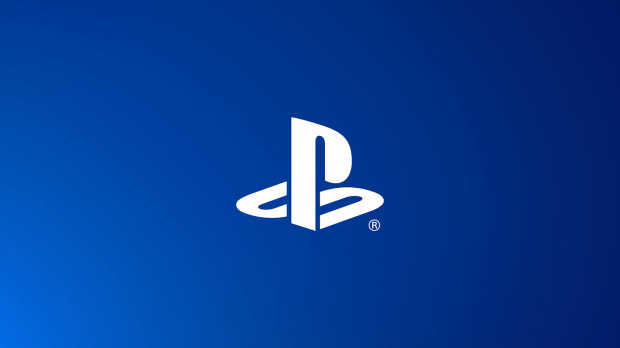Sony's gaming division is delivering record revenues, but profits have tanked. We take a look at the reasons behind the substantial drops.
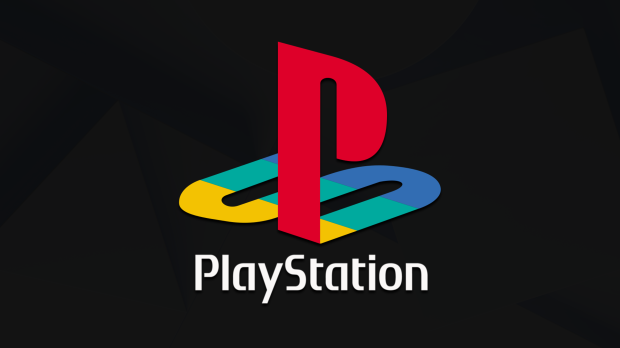
Holiday 2023 was a big quarter for PlayStation. The platform made $9.766 billion revenue from Oct - Dec, a new historic high for a Q3 period. PlayStation's operating profit, on the other hand, was only $582 million. This represents a 6% profit margin, which is quite low, and is the seventh quarter in a row where Sony's Game & Network Services segment made sub double-digit margins.
Sony is the market leader when it comes to overall revenue, but Nintendo enjoys better operating margins because of its success in a more concentrated market with heavy emphasis on exclusive content, games, and hardware features. Nintendo often sees operating margins above 30%, and sometimes as high as 40% throughout the Switch's lifecycle; across that same aligned timeline, PlayStation's highest operating margin was 21% during mid-2022.
So why are PlayStation's profits so low? What happened?
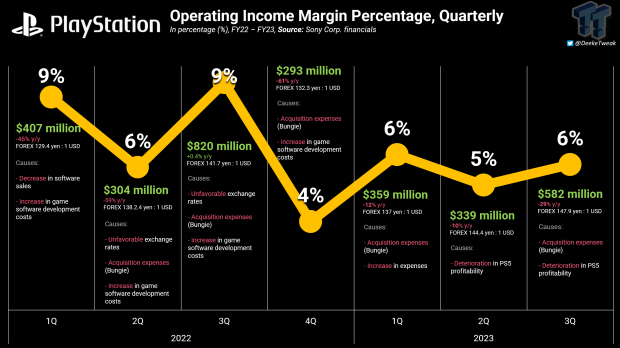
There's a lot of factors to this. COVID-19 interrupted PlayStation 5 shipments and created a big gap where consumers simply moved on to other games and/or devices, such as the then-readily-available Nintendo Switch. This was a major contributing factor but there's a lot more to what's going on with Sony.
Over the past 7 quarters, PlayStation's profits have been chipped away by multiple cost points. The $3.7 billion acquisition of Bungie closed sooner than Sony anticipated, and the company has been paying for the buyout on a quarterly basis. Game development costs are also rising to new heights (leaked documents showed that Spider-Man 2's budget cost more than what Sony paid to acquire Insomniac Games), leading to mass layoffs, with PlayStation laying off 900 people across multiple big teams.
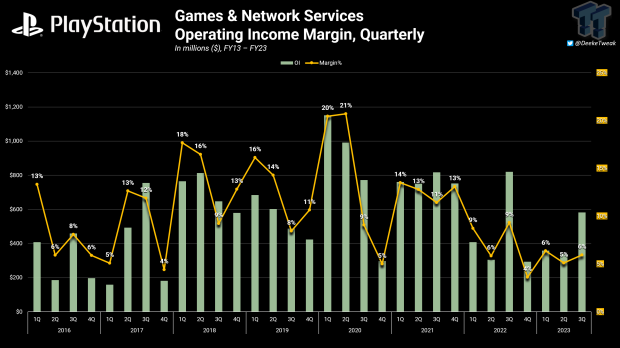
Sony has also been battling a depreciating yen over those past 7 consecutive quarters. This weakened yen gives Sony less buying power when brokering and paying for contracts and lucrative chip deals for hardware and accessory manufacturing. As a result, PlayStation 5's profitability has, as Sony puts it, "deteriorated," which basically means that Sony is making less profit now on each PlayStation 5 console than it previously had.
On top of this, Sony is selling less first-party games than it would like to. Remember that first-party games are more profitable for Sony.
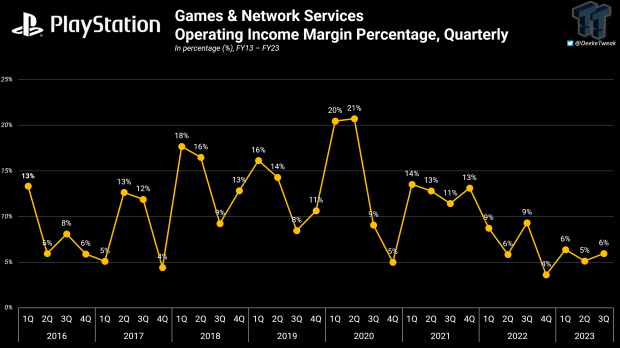
As for the most recent Q3 period, which saw $9.766 billion revenues and $582 million operating profit, Sony Interactive Entertainment CEO Hiroki Totoki has confirmed that around $200 million in hardware unit allocations has been shifted from Q3 into the Q4 period. So that explains a portion of why Q3 profits are so low while revenues are so high.
The problem may not actually get better any time soon. Sony tells investors that it will not release any major first-party franchise titles through next fiscal year, and that first-party software profit will be slightly decreased as PS5 hardware sales "gradually decline."
The company has yet to give out full year guidance for the next fiscal year.

